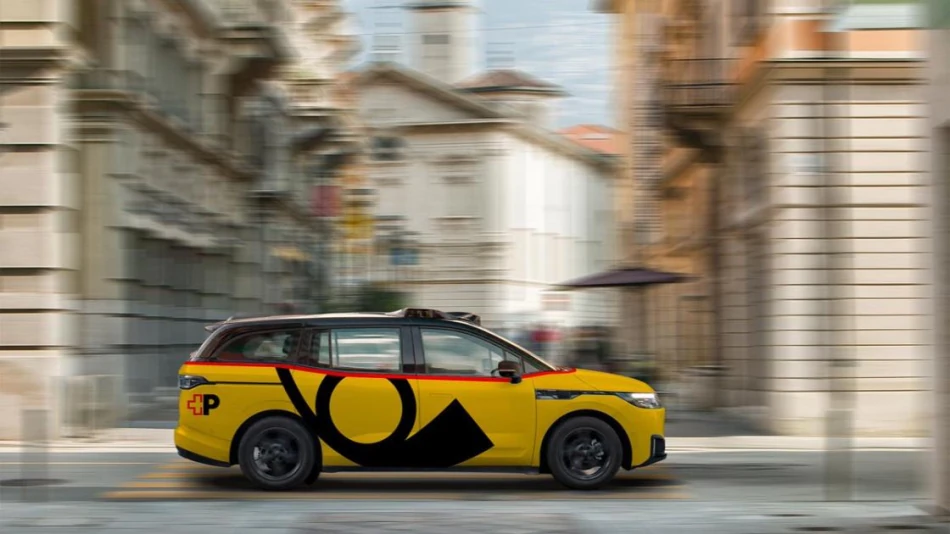
Chinese Baidu Launches Robotaxi Trials in Switzerland, Showcasing Autonomous Mobility Advancements
Chinese tech giant Baidu is bringing its driverless taxi service to Europe, starting with trials in Switzerland this December. The company's Apollo Go unit will partner with Swiss public transport firm PostBus to launch what they're calling "Amigo" - a fully autonomous taxi service using electric RT6 vehicles that will eventually operate without steering wheels.
This marks Baidu's most concrete step yet toward operating robotaxis on European roads. The companies plan to launch the commercial service by the first quarter of 2027, with the ambitious goal of removing steering wheels entirely once the system is fully operational.
The timing puts Baidu in a growing race among autonomous vehicle companies to establish footholds in Europe and the Middle East. After building their operations in the US and China, these firms are now looking at European markets as their next big opportunity.
Baidu has been busy forming partnerships across the globe. In August, the company announced it would work with US ride-hailing firm Lyft to deploy autonomous taxis in the UK and Germany starting in 2026. A month later, Baidu struck a deal with Uber to bring Apollo Go robotaxis to Uber's platform outside the US and mainland China.
The competition is heating up fast. Chinese rival Pony.ai announced Friday it would team up with automaker Stellantis to begin testing in Luxembourg in the coming months, with plans to expand to other European cities next year. Google's Waymo revealed plans last week to start trials in London before launching its self-driving taxi service there in 2025.
Even Uber is getting in on the action, announcing in June that it would begin fully autonomous ride trials in the UK by spring 2026, working with SoftBank-backed startup Wayve.
For investors and governments, this represents a significant shift in how transportation might work in major cities. These companies are betting that European regulators will be more welcoming than their US counterparts, where progress has been slower due to safety concerns and regulatory hurdles.
The economic stakes are substantial. Whichever company establishes itself first in European markets could capture a large share of what analysts expect to be a multi-billion dollar industry. But the real test will be whether these systems can handle Europe's complex urban environments, varying traffic laws, and different driving cultures across multiple countries.
Most Viewed News

 Omar Rahman
Omar Rahman






